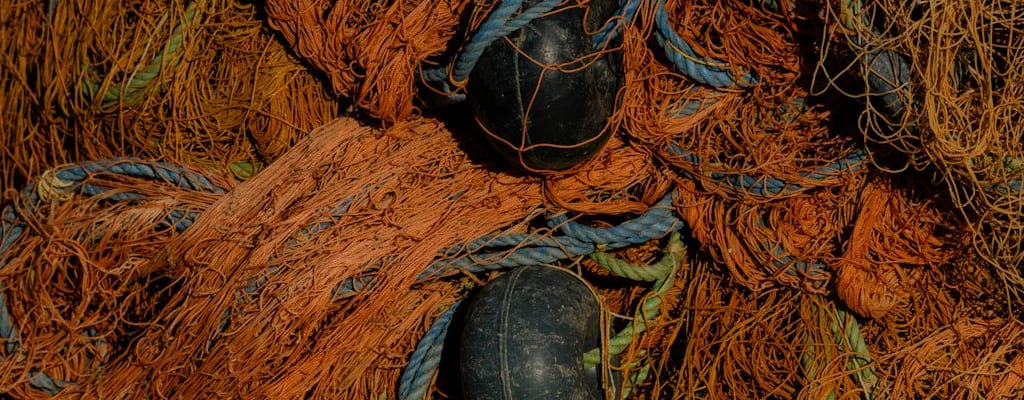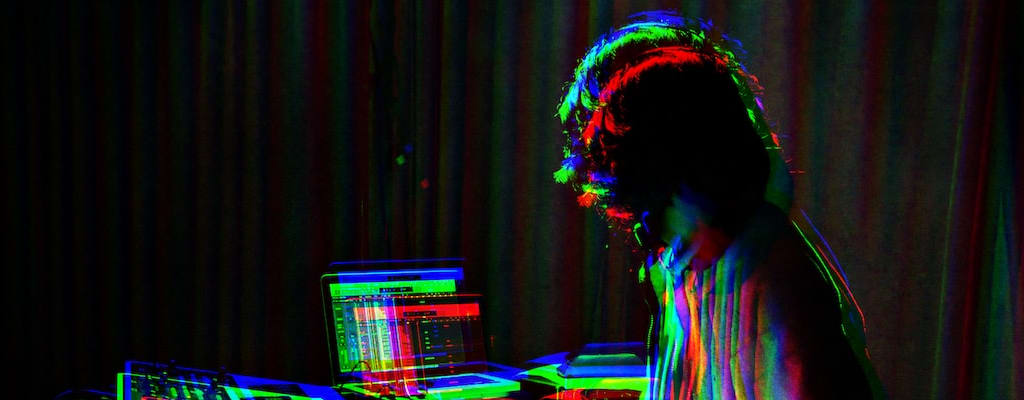play Old Harry: Idiom Meaning and Origin
What does ‘play Old Harry’ mean?
The idiom "play Old Harry" means to behave in a mischievous or disruptive manner. It suggests causing trouble or chaos for others, often with a sense of defiance or rebellion.

Idiom Explorer
The idiom "play with fire" means to engage in a dangerous or risky activity, often knowing the potential consequences but still proceeding anyway.
The idiom "play the victim card" means to intentionally act like a victim in order to gain sympathy or to avoid taking responsibility for one's actions.
The idiom "play the gender card" means to use one's gender as a way to gain advantage or manipulate a situation, typically in an unfair or strategic manner.
The idiom "play the fool" means to act silly or foolish, often for amusement or as a way to hide one's true thoughts or intentions.
The idiom "play someone like a fiddle" means to manipulate or control someone skillfully, often for personal gain or amusement.
The idiom "play silly buggers" means to behave foolishly or engage in pointless or mischievous actions. It is often used to describe someone who is being deliberately difficult or acting in a way that is not serious or productive.
The idiom "play Old Gooseberry" means to unintentionally or awkwardly interrupt a romantic or intimate moment between two people, usually causing embarrassment or discomfort.
The idiom "play hooky" means to skip school or work without permission or a valid reason.
The idiom "play hob with" means to cause trouble or disruption, often leading to negative consequences or difficulties.
The idiom "play hardball" means to act aggressively, ruthlessly, or without compromise, typically in a competitive or confrontational situation.
Unmasking Sinister Origins
Play Old Harry is an idiomatic expression with its roots in early English folklore. The exact origin is somewhat unclear, but the phrase has been in use for centuries and has maintained its figurative meaning throughout time.
The idiom "play Old Harry" is used to describe engaging in mischievous or devilish behavior. It portrays someone who is causing trouble or being deceitful. It can also describe engaging in wild or reckless behavior, suggesting chaos and disorder. This idiom is predominantly used in British English and may not be as commonly used in American English.
One possible origin of the idiom traces back to medieval times when "Old Harry" was used as a personification of the devil or Satan. Folklore depicted "Old Harry" as a mischievous and troublesome character, which led to the association of the idiom with such behavior. However, the exact connection between "Old Harry" and the idiom is not clearly documented.
Another theory is that "play Old Harry" may have been used as a euphemism for cursing or swearing. In earlier times, swearing or using profane language was referred to as "playing the devil" or "playing Old Harry." Over time, this phrase may have expanded to encompass a broader range of mischievous or deceitful activities. However, concrete evidence to support this theory is scarce.
Modern usage of the idiom expresses disapproval or criticism of someone's behavior. It suggests that the person is acting in a disruptive or troublesome manner, causing havoc or chaos. The idiom can be used in various contexts, such as describing a child who is causing trouble, a politician who manipulates others for personal gain, or a student who disrupts a classroom.
The idiom "play hob with" is related to "play Old Harry." It means to cause damage or disruption to something or someone. When someone plays hob with a situation, they are making it chaotic or disorderly. This phrase can be used to describe someone who intentionally messes things up or makes a mess.
For example, imagine a scenario where a mischievous child enters a room and starts knocking over furniture, spilling drinks, and causing general chaos. You could say that the child is playing Old Harry and playing hob with the room. Their actions are not only mischievous but also causing damage and disorder.
The idiom "play the fool" is also related to "play Old Harry." It means to act silly or foolish in a way that is intended to amuse or entertain others. When someone plays the fool, they may engage in comedic or ridiculous behavior for the amusement of those around them.
In the context of "play Old Harry," someone playing the fool may be acting mischievous or causing trouble in a way that is not necessarily harmful or chaotic. They may be pulling harmless pranks or engaging in playful mischief to elicit laughter or create a lighthearted atmosphere.
For example, imagine a group of friends planning a surprise party for someone. One friend, known for their mischievous nature, decides to play the fool by organizing a series of comical and playful pranks leading up to the party. They may play silly buggers by secretly replacing someone's water with colored juice or hiding party decorations in unexpected places. This playful mischief adds an element of fun to the celebration and creates a lighthearted atmosphere.
Overall, the idiom "play Old Harry" conveys a sense of mischievous or devilish behavior. Whether it originated from the personification of the devil or as a euphemism for cursing, the idiom has evolved to encompass a broad range of disruptive or troublesome actions. It allows speakers to vividly express their disapproval or critique of someone's behavior. The related idioms "play hob with" and "play the fool" add further depth to the understanding of mischievous behavior and provide additional context for using the idiom "play Old Harry."
Example usage
Examples of how the idiom *play Old Harry* can be used in a sentence:
- He decided to play Old Harry and skip work to go fishing.
- The children were playing Old Harry and causing mischief in the house.
- She played Old Harry and refused to let anyone borrow her car.
More "nautical" idioms



